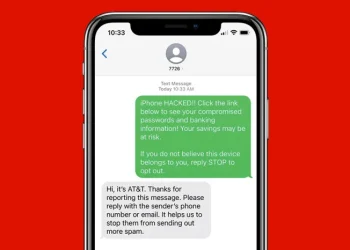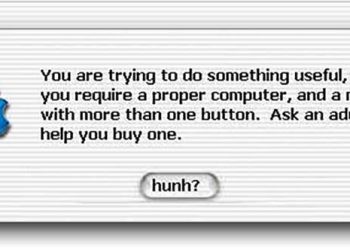Spending too much time online can harm relationships, result in a variety of mental and physical issues, and impair performance at work or school. However, there is an increasing problem with Internet addiction. If you are having trouble with the issue, you can solve it by setting limits on how much time you spend on the Internet, finding other things to do with your time, and getting help.
Develop a personal inventory of things Internet addiction is keeping you from.
Make a list of all the things you used to want to do or should be doing but are unable to due to your excessive internet usage. This is not intended to be depressing; rather, it is supposed to inspire you to use less of the Internet.
Set goals for an appropriate time.
Unlike some addictions, total abstinence may not be the answer for Internet addiction, since the Internet is used for so many purposes in daily life. However, you can and should decide on an appropriate amount of time to set aside for personal Internet usage.
- Omit any time that you must use the Internet strictly for work, business, or school.
- Make a list of all of the other obligations you have and desired uses of your time, such as sleeping, time spent with friends and/or family, exercise, commuting, working or studying, etc.
- Determine how much time per week you would ideally devote to these needs.
- Consider how much time you have left per week, how much time you want to set aside for relaxing or personal use. From the remaining time, set aside an appropriate number of hours for personal Internet use. You can then apply this information to other methods to cut back on the time you spend online.
- Set a timer on your phone so you only stay plugged in for a specific amount of time.
Make a new schedule.
If you find that using the Internet is eating up too much of your time, you can solve the issue by scheduling plenty of other activities. You can break the habit by adding neutral activities to your routine. If, for instance, you find yourself obsessively surfing the internet at home every night, rearrange your calendar to include trips to the grocery store, housecleaning, or any other activity that will divert you from your computer.
Use external stoppers.
Having someone or something interrupt your Internet use can be very effective. Since the stopper is external, it will take some of the pressure off of you, and it can also lead you to fill your time with alternative activities.
- You can set an alarm clock to go off at a certain point when you think you should get offline. It might be difficult at first, but stick to the goal.
- Plan necessary activities or events so that they will prevent you from being online. For instance, if you know you tend to start browsing aimlessly in the afternoons, schedule important meetings and appointments for that time.
- There are a variety of apps you can use to cut back on your Internet use. For instance, some of them work by shutting down Internet capabilities for a predetermined period.
Set priorities.
If you compare your online activities to the rest of your life, you can reduce your addiction to the internet. List all the things you need or want to do offline and order them according to how much time you spend doing them online.
For instance, you might decide that reading the book you’ve been meaning to read is more important than wasting another hour on pointless internet purchases.
Give offline over internet versions of activities. For example, resolve to meet in person with friends more often rather than corresponding with them on social media.
Abstain from any particular problem apps, sites, and habits.
If you know that you spend a significant amount of time on a particular kind of Internet usage, you may want to cut it out entirely. Internet games, social media, gambling, and shopping are common culprits, but any kind of Internet use can become problematic.








